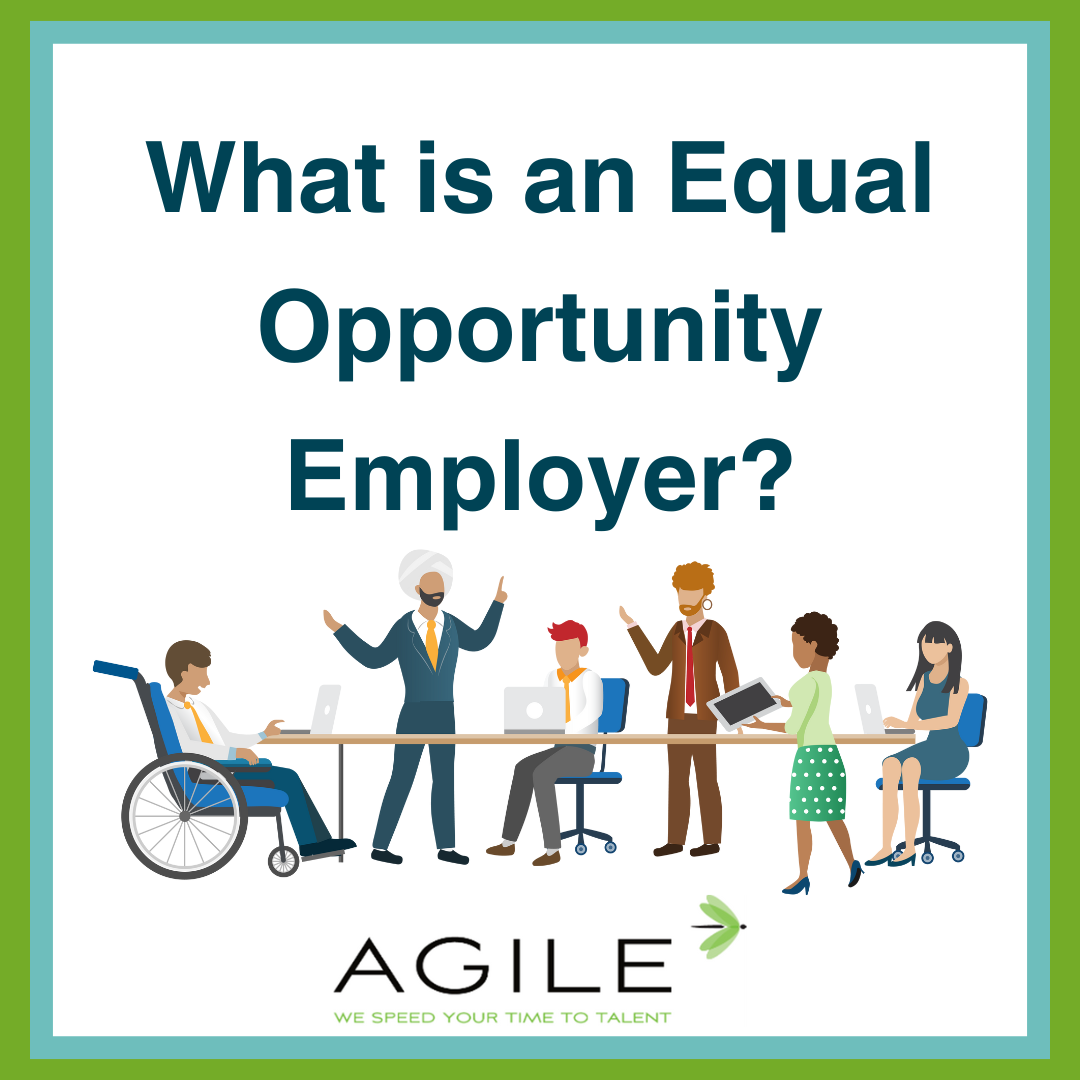
A Guide to Equal Opportunity Hiring
Equal opportunity employment is more than a legal requirement; it’s a cornerstone of a fair and inclusive workplace. But what exactly does it entail, and how does it impact the hiring process? Let’s explore the essence of being an equal opportunity employer and its significance in hiring.
Defining Equal Opportunity Employment
Equal opportunity employment ensures that every individual, regardless of race, gender, age, religion, disability, or other characteristic, receives fair and unbiased consideration in all aspects of employment. This includes recruitment, hiring, training, promotion, and compensation. The U.S. Equal Employment Opportunity Commission (EEOC) oversees and enforces laws against workplace discrimination, emphasizing the importance of creating environments free from bias and harassment.
Qualifying as an Equal Opportunity Employer
To qualify as an equal opportunity employer, organizations must adhere to key principles:
-
Non-Discrimination Policies: Establish clear policies prohibiting discrimination and harassment based on protected characteristics.
-
Fair Hiring Practices: Implement unbiased recruitment and hiring processes, evaluating candidates solely on their qualifications and merit.
-
Reasonable Accommodation: Provide accommodations for individuals with disabilities to ensure equal opportunities in the workplace.
-
Training and Education: Offer diversity, inclusion, and unconscious bias training to promote awareness and understanding among employees and leadership.
-
Equal Pay: Ensure fair compensation and benefits, eliminating disparities based on gender, race, or other protected characteristics.
Exemptions and Exceptions
It’s important to note that not all employers are subject to the same requirements under federal anti-discrimination laws. According to the U.S. Equal Employment Opportunity Commission, certain religious organizations and small businesses may be exempt from certain provisions. However, these exemptions are specific and limited, and it’s essential for employers to understand their obligations under the law.
For more information on exemptions and exceptions, visit the U.S. Equal Employment Opportunity Commission website.
Implications for Hiring
In the hiring process, being an equal opportunity employer means:
-
Openness to Diversity: Actively seeking diverse candidates and fostering an inclusive environment where everyone feels welcome.
-
Unbiased Evaluation: Assessing candidates based solely on their qualifications, skills, and experience, without regard to irrelevant factors.
-
Accessibility: Providing accommodations for candidates with disabilities during interviews and assessments.
-
Transparency: Communicating clearly about the organization’s commitment to equal opportunity employment and its policies.
Conclusion
Equal opportunity employment is not just a legal obligation—it’s a fundamental aspect of creating a fair and thriving workplace. By embracing diversity and eliminating bias in the hiring process, organizations not only comply with legal requirements but also unlock the full potential of their workforce. Let’s strive to build workplaces where everyone has an equal opportunity to succeed. Visit the U.S. Equal Employment Opportunity Commission website for more information and resources.



